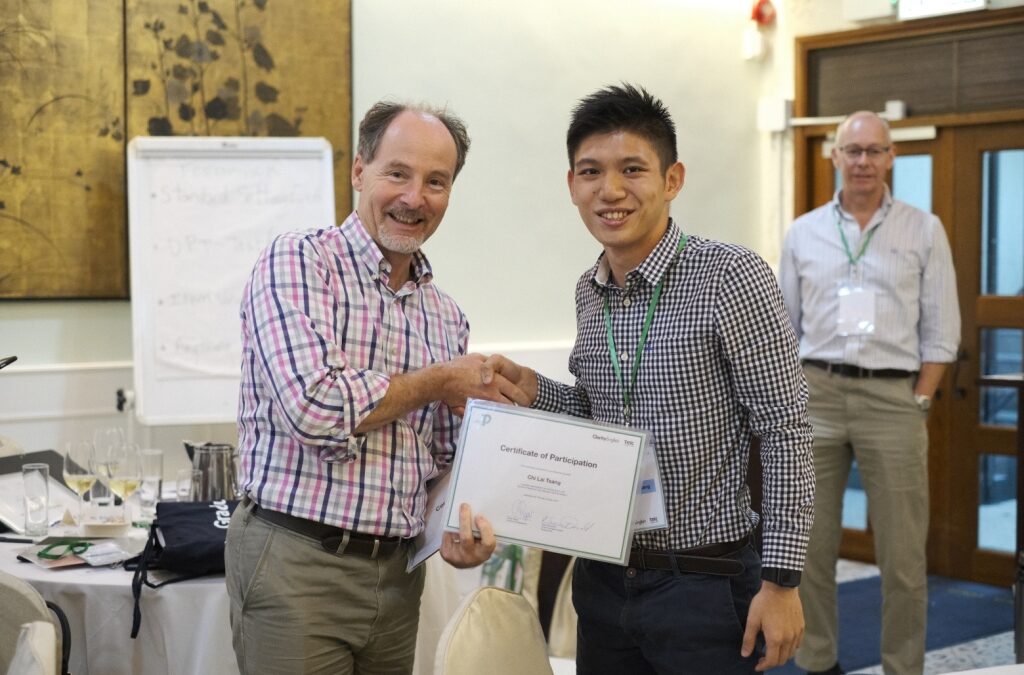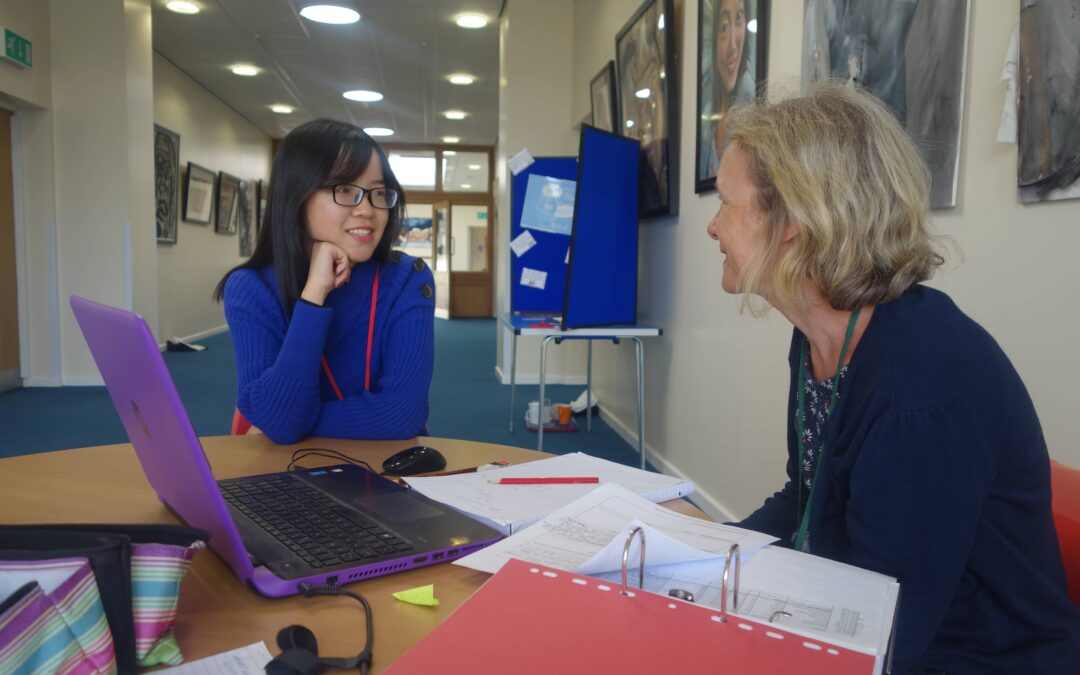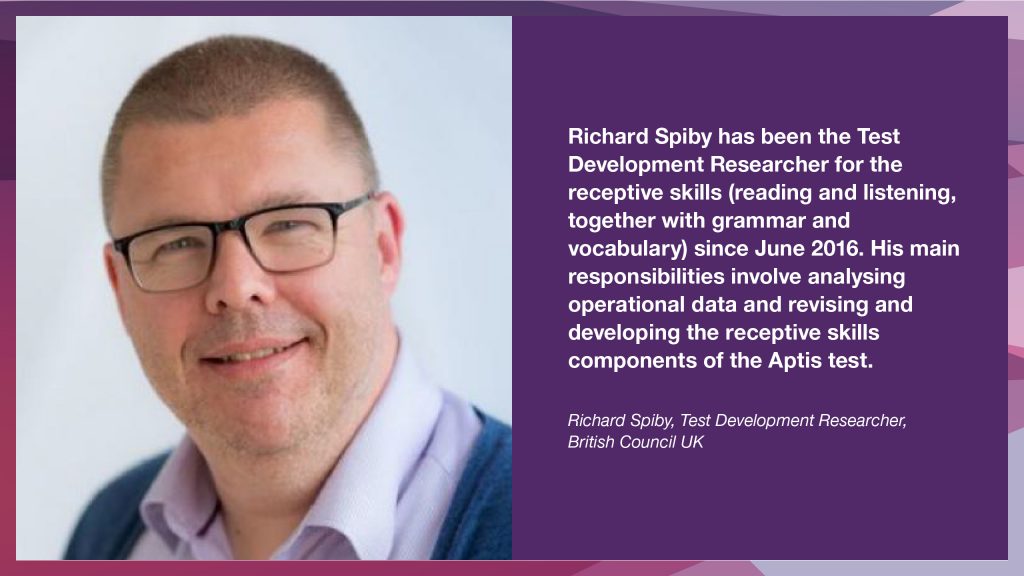In September 2019, the Wenzao Ursuline University of Languages in Taiwan ran a trial to determine whether they could use the Dynamic Placement Test to test the English of 1,525 new students, using their own devices. This report describes the trial and its outcomes.








